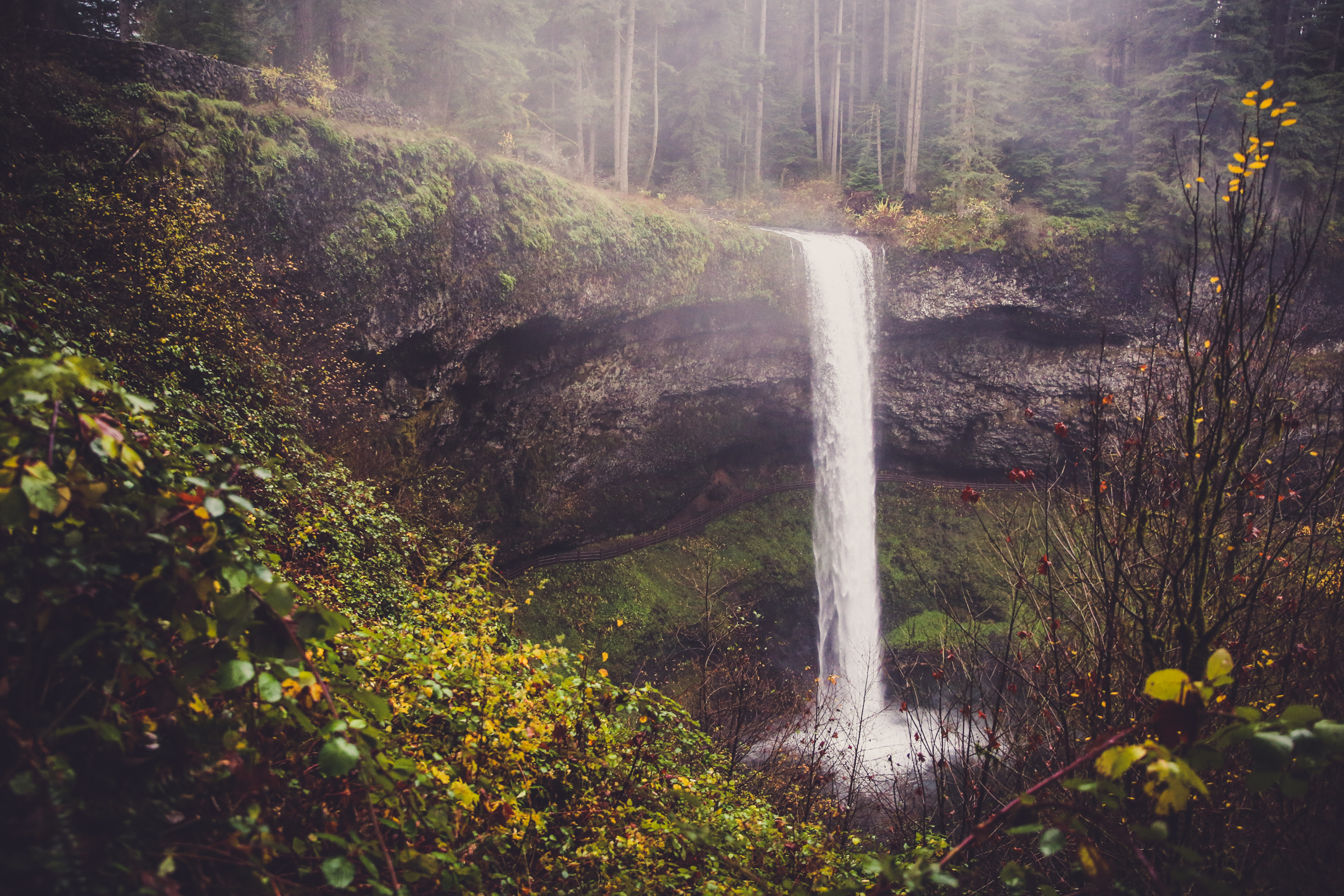Lighting is one of the essential elements of photography. It will make or break a photo. Whether it’s natural light or artificial lighting, as photographers, we are continually chasing great lighting for our next images. The good thing is that it is all around us whether it’s coming from the sun or light bulbs in your house. Our job is to take that light and apply it in interesting ways to highlight our subjects. From people to mountains to food, everything looks better with a little light.
From time to time, however, we may not have the best lighting for what we’re shooting. I’m going to give you a few ways I conquer difficult lighting situations and how to take advantage of natural light.
Natural light is the best lighting of all. It’s the light coming from the sun or moon. The light that shines on your face in the morning through your window to wake you up. Depending on the time of day you will likely have very different lighting conditions. If you have a bright, sunny day with no clouds, your subjects will also be well lit with strong shadows. Using the light to your advantage is key here.
Sometimes it’s hard to find exciting light when it’s bright outside, but it works well for shooting street and urban type scenes where harsh shadows are typical. High angles look great when everything is exposed well, so drones are a great thing to fly on bright days.
If you’re having trouble with shadows, try using them to help your composition. 
It’s a lot easier to get interesting lighting with overcast or cloudy days. If you’re looking for a softer light and mellower shadows, an overcast day might help. A gloomy day is one of my favorite days to shoot portraits because of how the soft light works on people.
Overcast days also work great for lifestyle or street photography because everything evenly lit and there aren’t many harsh shadows. Landscapes are also great in overcast or gloomy days because the weather can make the photo feel more moody or exciting. With overcast days often come fantastic clouds. Clouds provide nice backgrounds for landscapes and portraits or even your subject themselves. Depending on what you’re shooting it’s always smart to check the weather if you’re planning to use natural light.
Manipulating Natural Light
There are many ways to manipulate natural light. If you’re shooting a mountain peak, there’s not much you can do. If you’re shooting a subject such as a person or a plate of food, manipulating natural light will help you a ton to get well-exposed shots. The first easy way I like to use natural light to my advantage is through windows. If I’m shooting inside, I’m generally shooting near a window if I can. If you have an overcast day with softer light, window light can work great to light your subjects. I like to photograph food in front of windows because they generally provide the right amount of light to make my subjects come to life.

Another great tool to use to manipulate natural light is a reflector. Reflectors are relatively inexpensive and can be game changers when it comes to natural light. Reflectors come in all shapes in sizes but generally, they come in silver, white, or gold and you use them to reflect or “bounce” light from a light source on to your subject. They are great in all lighting situations because you can control the angle, amount, and type of light that is reflected. If you are looking for a softer light, you can bounce the light off the white reflector. To achieve a stronger light, use the silver or gold reflectors.
Reflectors are an excellent tool for any photographer looking to control natural light. Most come in different colors and a diffuser. Diffusers are a little transparent, so they diffuse light. You can view the one I own here. I’ve used it for years, and it still works great. Diffusers are also great for making the most of your lighting situations. They subdue hard light to make it softer. I like to use diffusers on bright sunny days for portraits and other subjects. I generally hold the diffuser up in front of my subjects face, and I can get nice soft light. If you don’t have access to a diffuser, you can use wax paper or semi-transparent sheets or shower curtains. You would be surprised at how well they work. For this shot, I just held up a diffuser on a bright day to soften the light on his skin and help him not squint.
A professional reflector or diffuser kit from an online camera store or Amazon is going to be your best friend when manipulating natural light, but they aren’t always accessible. If you’re not looking to spend much money or you don’t have a camera store nearby, you can always head to Wal-Mart and buy a white piece of poster board. White poster board is an excellent reflector for light and is incredibly inexpensive. You can use it as you would a reflector and hold it up to the light. You’ll be surprised at how much light is reflected.
Those are a few cheap ways you can control your natural light situations. If you find yourself in a tricky situation with light, remember that there are a lot of household and inexpensive options out there that you can use to create your next gorgeous photo.
Using Natural Light To Your Advantage
2427 Views

Please review our our privacy policy for information about how we use the data we collect.